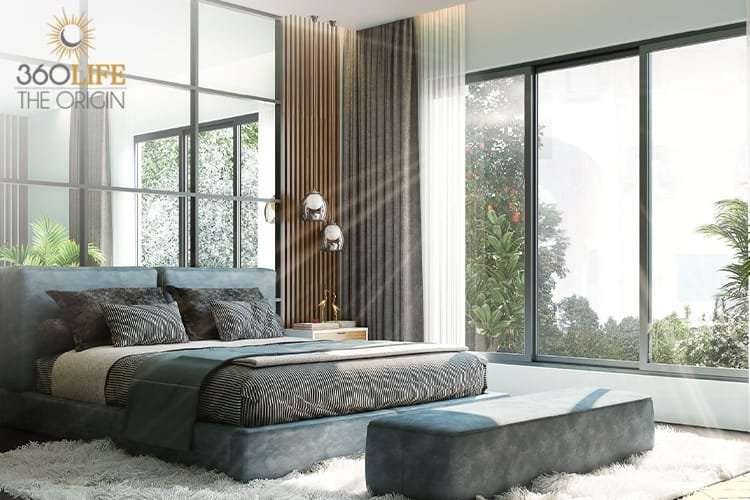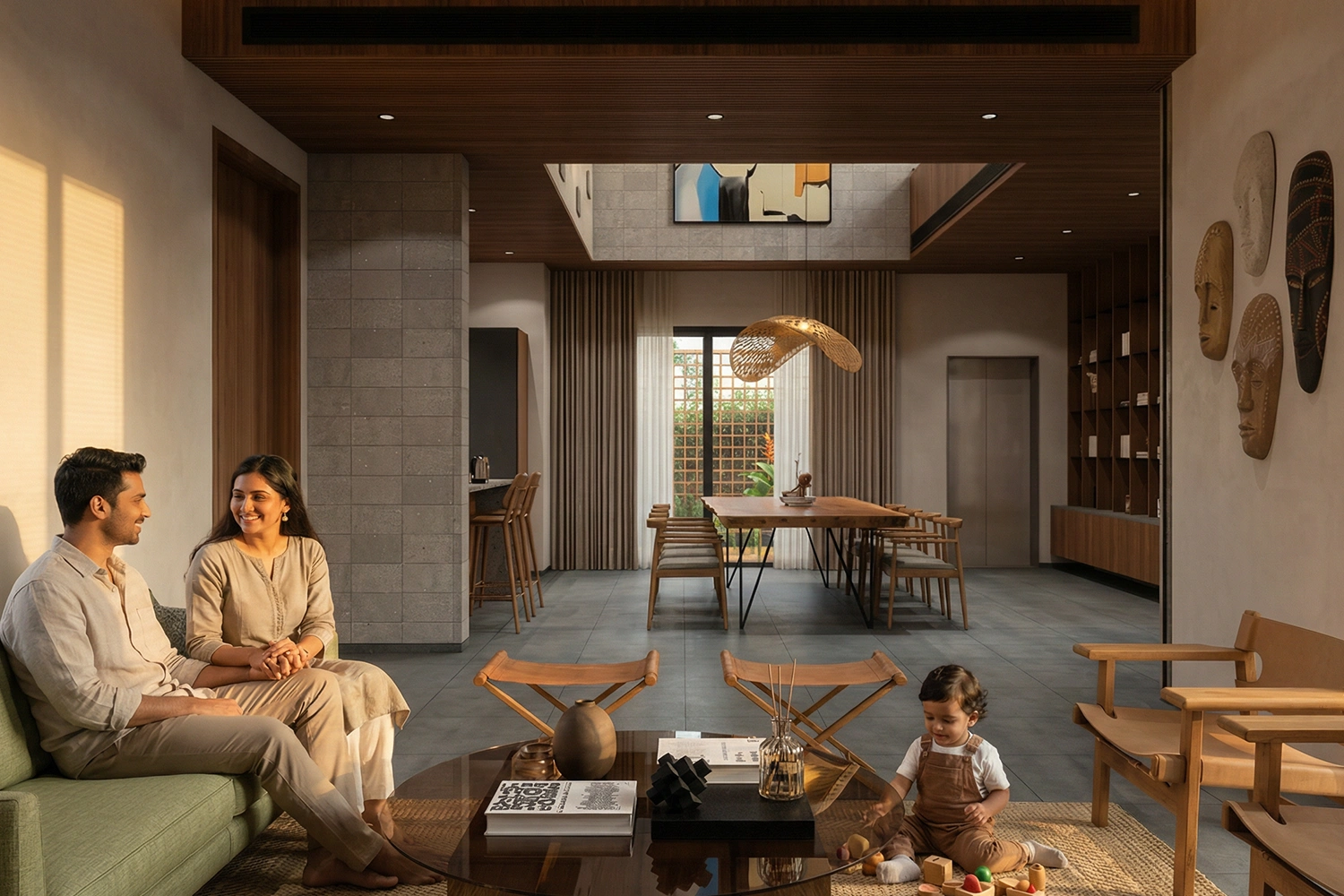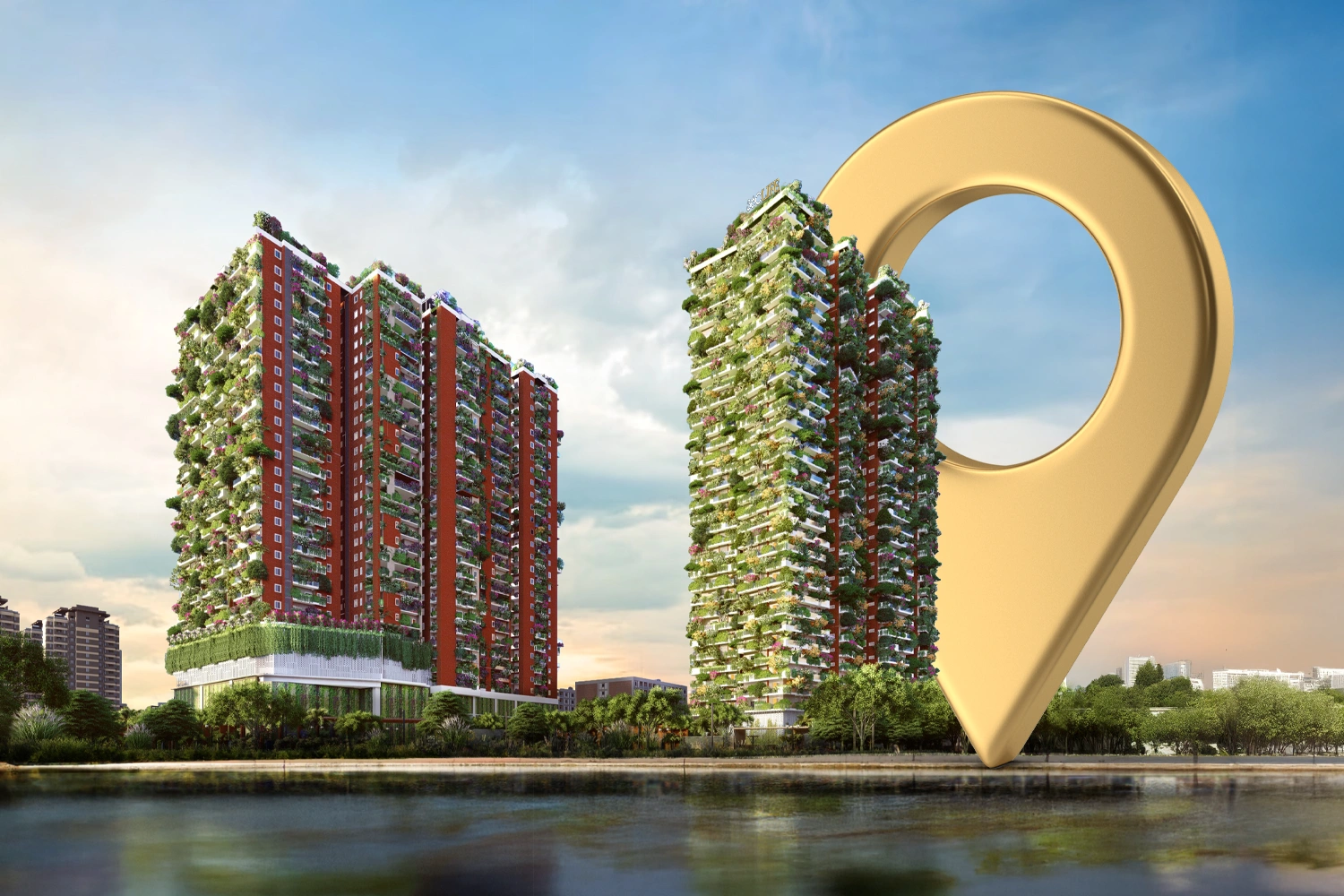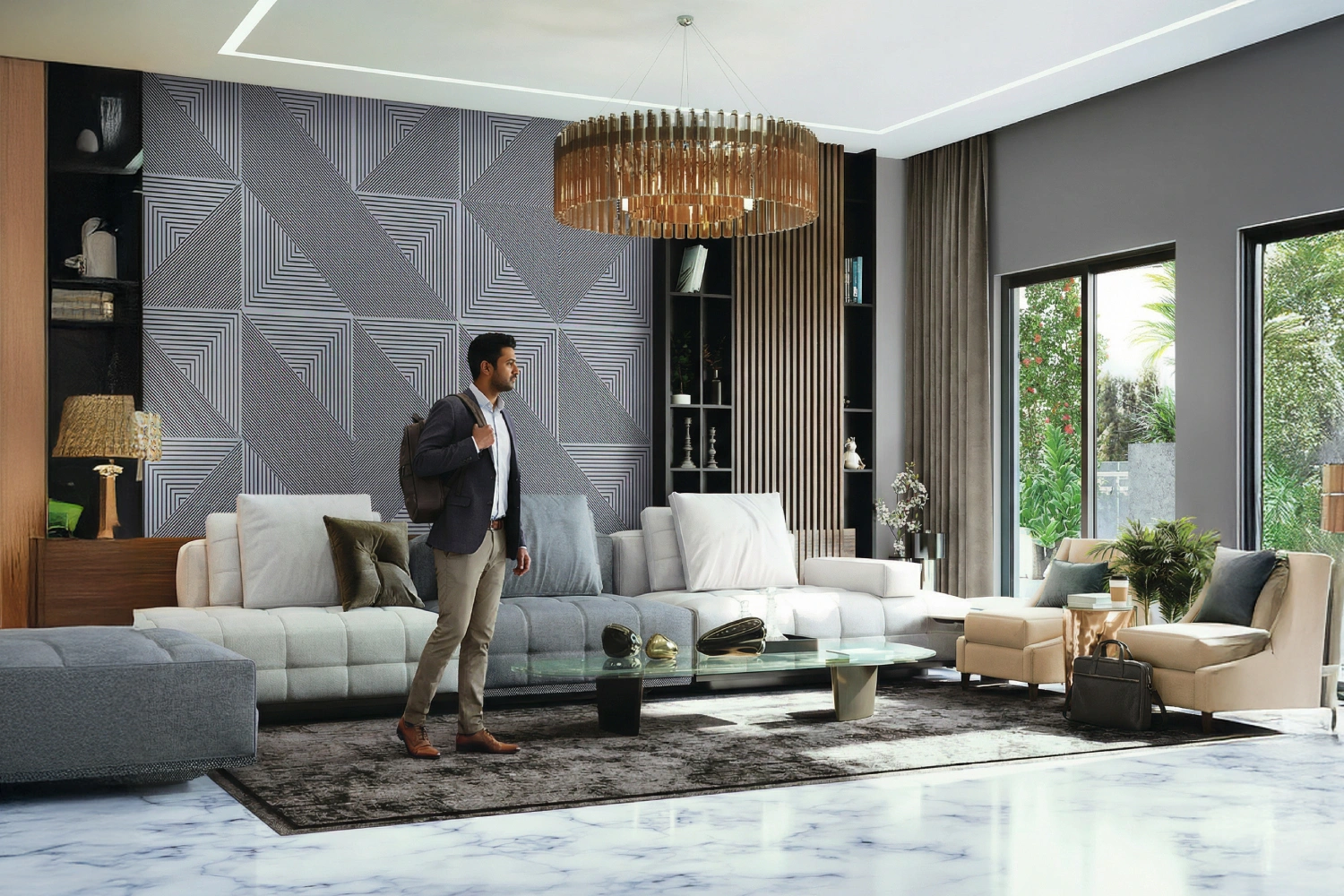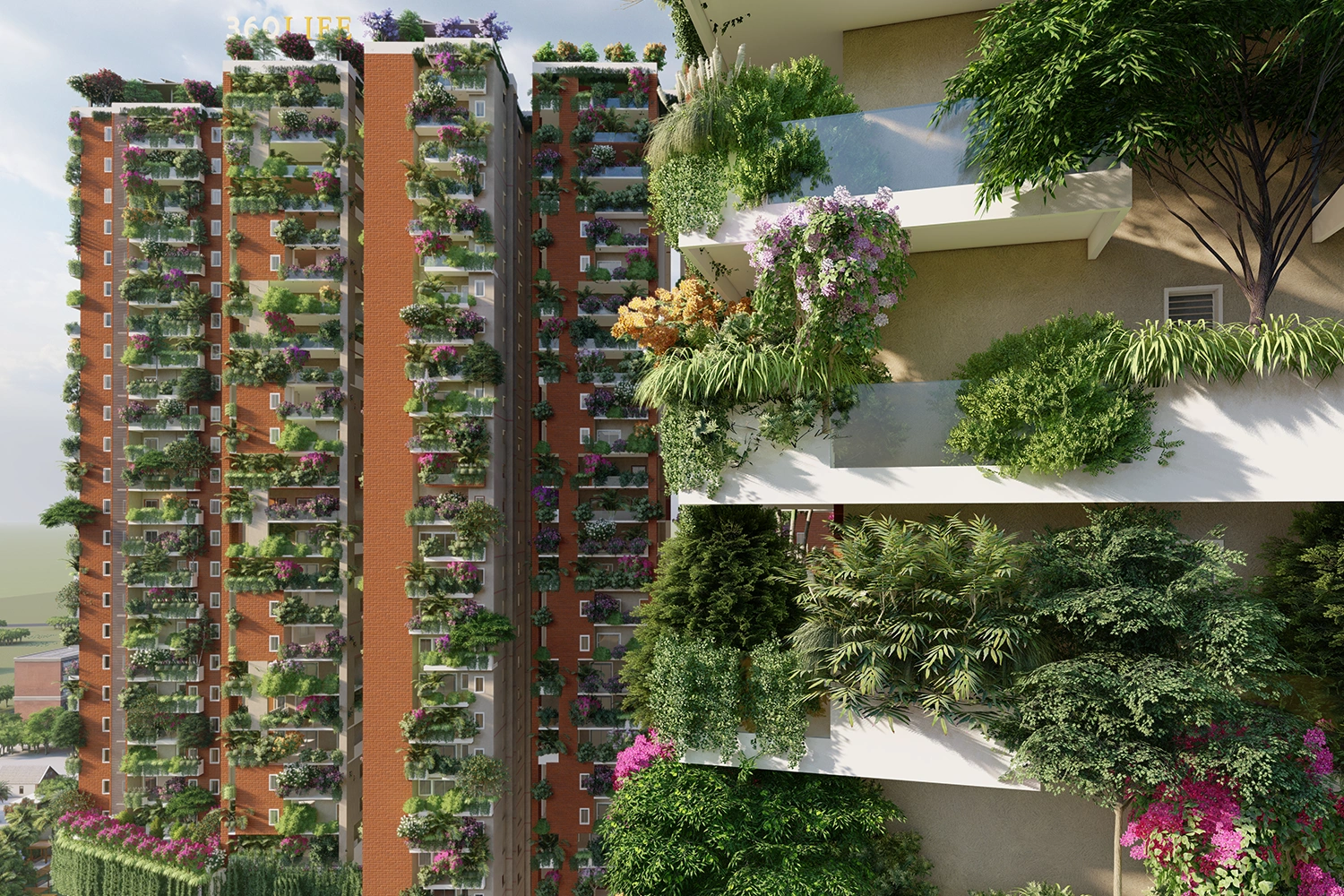Before discussing the advantages of well-ventilated homes, let’s understand what a ventilation system entails. Ventilation is the process of supplying fresh air to a space while removing stale air. There are various types of ventilation systems, including air conditioning, air recirculation, and air infiltration.
Structural ventilation serves several crucial purposes, such as regulating heat levels in the attic, managing dampness in the crawlspace and basement, and keeping moisture at bay. Uninterrupted airflow is essential, as any blockages can lead to damage to both the home and its occupants’ health. Controlling moisture levels is another significant role of ventilation, ensuring a healthy indoor environment.
Why is ventilation important? Ventilation effectively removes indoor pollutants and supplies clean air, making it essential long after the pandemic has ended. Without a proper ventilation system, indoor air circulation is limited, potentially leading to suffocation and health issues. Effective ventilation not only improves energy efficiency but also keeps the indoor environment safe from contaminants.
Let’s explore the benefits of a well-ventilated home:
Removes impurities: Proper ventilation allows for continuous air exchange, reducing airborne impurities. A well-ventilated room remains free of unpleasant odors, bacteria, moisture, and pollutants.
Regulates airflow: Establishing good ventilation ensures controlled air movement in your home. This means introducing fresh air while expelling stale air and maintaining a healthy and safe indoor environment without excessive energy costs.
Positive impact on health and wellbeing: Inadequately ventilated homes can become breeding grounds for dust mites, leading to allergies and respiratory issues. Effective ventilation promotes a consistent flow of fresh air, contributing to better well-being and a more comfortable living environment.
Reduces risk of condensation, residue, and mold: In homes with poor ventilation, condensation occurs on cold surfaces like windows and walls, leading to mold growth and potential health hazards. Adequate ventilation with a condensation control unit eliminates mold and creates a fresh, healthy, and condensation-free environment.
In conclusion, well-ventilated homes offer numerous advantages, including improved indoor air quality, controlled airflow, enhanced health and well-being, and prevention of moisture-related problems. Investing in a good ventilation system is essential for maintaining a comfortable, safe, and healthy living space, which holds significance on a global scale.
We at 360Life prioritize well-ventilated homes by integrating advanced ventilation systems into all their developments. Recognizing the importance of fresh air and controlled airflow, strategically designed placement of windows, vents, and ventilation units to maintain a healthy indoor environment and eliminate impurities.
By regulating heat levels, managing dampness, and controlling moisture, 360Life Projects reduces the risk of condensation, residue, and mold, ensuring a safe and comfortable living space for residents. This approach not only enhances the longevity of their properties but also promotes the well-being of occupants, setting new standards for excellence in sustainable real estate and contributing positively to global efforts towards healthier living spaces. Occupants, setting new standards for excellence in sustainable real estate and contributing positively to global efforts towards healthier living spaces.

